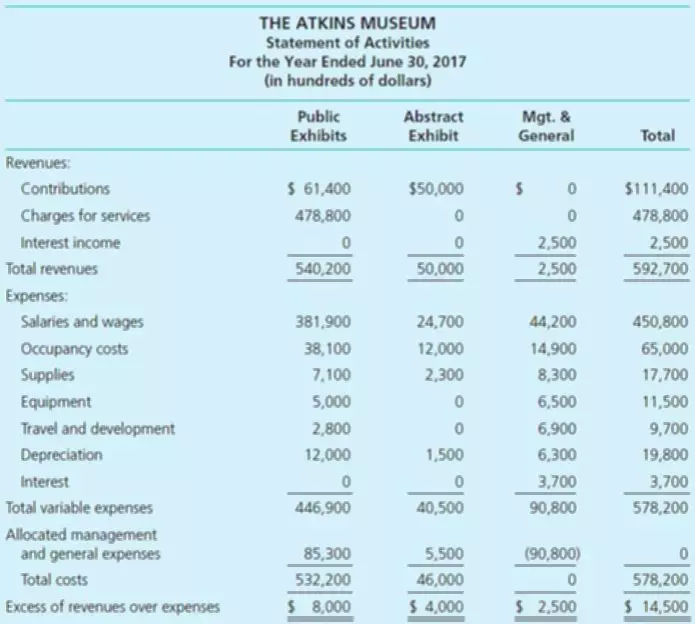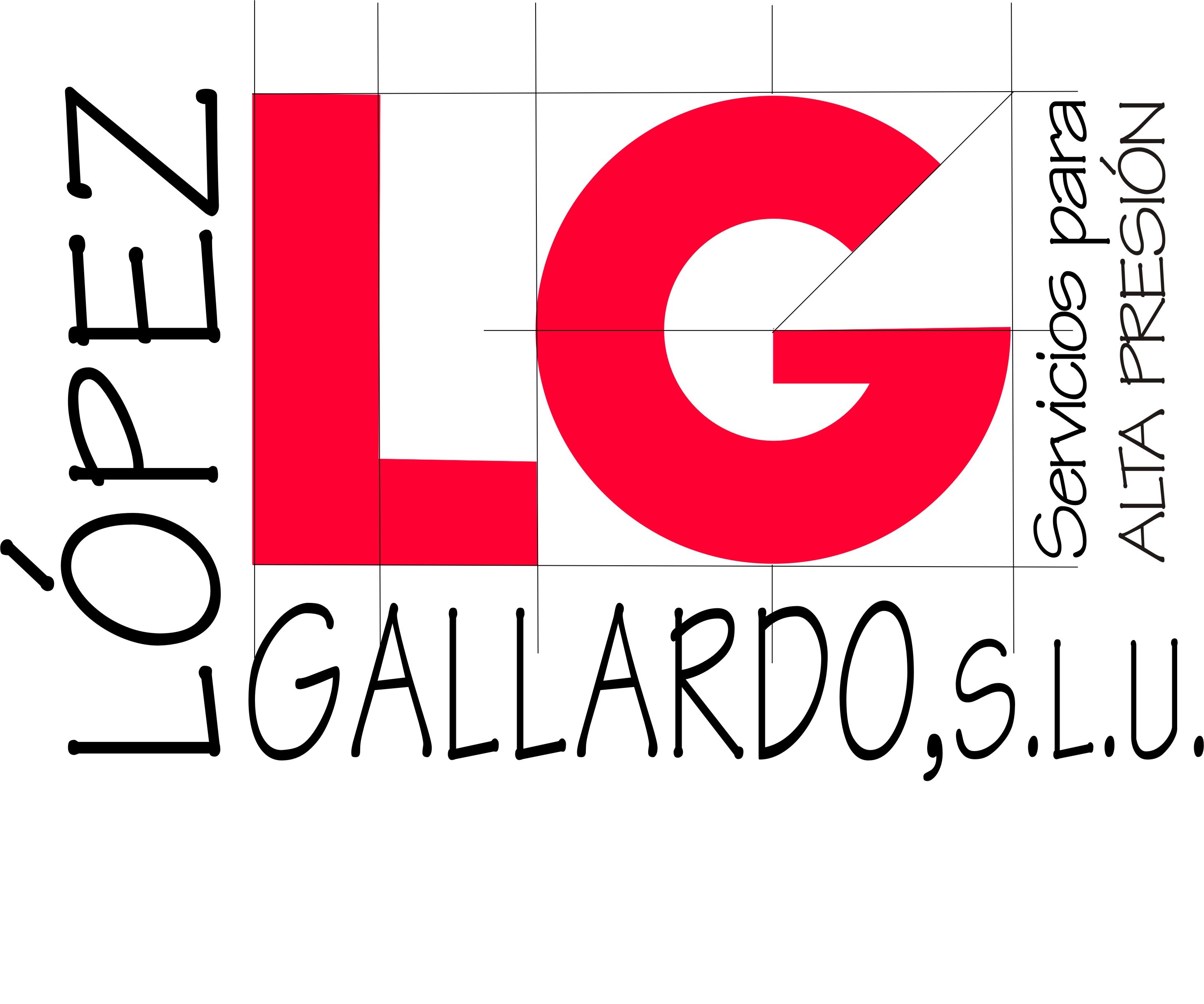Bookkeeping
What Does a Bookkeeper Do? What is Bookkeeping
Content

Although both can prepare your tax returns, a CPA is more knowledgeable about tax codes and can represent you if you get audited by the IRS. As your business grows to include more customers, vendors, and employees, keeping track of your finances on your own becomes more challenging. My suggestion is to first read our free 13-part Bookkeeping https://www.bookstime.com/articles/what-is-a-bookkeeper Explanation and take our Bookkeeping Practice Quiz. Next, you can start studying each of the bookkeeping-related topics found on our Bookkeeping training page. The bookkeeper is generally responsible for overseeing the first six steps of the Accounting Cycle, while the last two are typically taken care of by an accountant.

This more advanced process is ideal for enterprises with accrued expenses. After a certain period, typically a month, each column in each journal is totalled to give a summary for that period. Using the rules of double-entry, these journal summaries are then transferred to their respective accounts in the ledger, or account book. This process of transferring summaries or individual transactions to the ledger is called posting. Bookkeepers record financial transactions, post debits and credits, create invoices, manage payroll, and maintain and balance the books. When your small business’s bookkeeping and accounting tasks are too much to handle by yourself, it’s time to hire help.
Salary Range for a Bookkeeper
They can also usually take care of some of the tax preparation so that your accountant has less to do (which is a good thing, because bookkeepers are less expensive than a CPA). But they won’t be able to help you with tax planning or handling your tax return. Upper management, i.e., the directors of a company, cannot make corporate decisions based solely on the data that bookkeepers provide. Because almost every business has at least one bookkeeper, prospective workers might try applying to any firm that interests them. Even if there are no job openings at the time of applying, candidates may be considered for future openings.
- This is the British English definition of bookkeeping.View American English definition of bookkeeping.
- Our expert CPAs and QuickBooks ProAdvisors average 15 years of experience working with small businesses across various industries.
- She would record Tuesday’s sales of $1,430.75 as receipts for the given date.
- This post is to be used for informational purposes only and does not constitute legal, business, or tax advice.
Usually, the entry-level salary for both bookkeepers and accountants tends to be similar; however, the earning potential of an accountant tends to increase as their career progress. It is not uncommon for an experienced bookkeeper to make a career transition into accounting or another profession. As bookkeepers work closely with raw data, they tend to develop a good understanding of how a business works. Not only are you entrusting your bookkeeper with sensitive data, you are relying on their accuracy to maintain the financial records for your business. A good bookkeeper never cuts corners, and they are indispensable to small business owners who want to spend time growing their business, instead of maintaining it. Today any bookkeeper worth their beans uses some kind of software platform to track finances.
Responsibilities of a bookkeeper
But like those old wastebook days, bookkeepers typically hand off their records to an accountant come tax time or when big decisions need to be made. These people record and classify the financial transactions of an entity, such as a company. Examples of financial transactions include the payment of bills, payroll, sales, cash receipts, invoices, travel expense forms/reports, requisitions, etc.
- That sounds like a mouthful, but often that just looks like inputting all your transactions into accounting software.
- Bookkeepers keep financial records that track a company’s expenditures, profit and loss, cash flow, and other financial activities.
- They can also usually take care of some of the tax preparation so that your accountant has less to do (which is a good thing, because bookkeepers are less expensive than a CPA).
- The widespread use of computers and bookkeeping programs has dramatically cut down on the amount of time required for bookkeepers to perform their bookkeeping duties.
- My suggestion is to first read our free 13-part Bookkeeping Explanation and take our Bookkeeping Practice Quiz.
Transactions include purchases, sales, receipts and payments by an individual person or an organization/corporation. There are several standard methods of bookkeeping, including the single-entry and double-entry bookkeeping systems. While these may be viewed as “real” bookkeeping, any process for recording financial transactions is a bookkeeping process. A Bookkeeper is responsible for recording and maintaining a business’ financial transactions, such as purchases, expenses, sales revenue, invoices, and payments. They will record financial data into general ledgers, which are used to produce the balance sheet and income statement.
Summary Definition
Take routine bookkeeping off your never-ending to-do list with the help of a certified professional. A QuickBooks Live bookkeeper can help ensure that your business’s books close every month, and you’re primed for tax season. Our expert CPAs and QuickBooks ProAdvisors average 15 years of experience working with small businesses across various industries. It can be difficult to gauge the appropriate time to hire an accounting professional or bookkeeper – or to determine if you need one at all. While many small businesses hire an accountant as a consultant, you have several options for handling financial tasks.
- Although the terms are typically conflated or used interchangeably, bookkeepers and accountants have distinct roles and obligations.
- Some bookkeepers, however, are actually involved in strategy development.
- They must take 24 hours of continuing education each year to maintain their license.
- The ability to use a computer is essential, and knowledge of basic spreadsheet and database programs is helpful.
- In the normal course of business, a document is produced each time a transaction occurs.
- Not only can this help you set goals, but it can also help you identify problems in your business.
This means that the full charge bookkeeper reports straight to a senior manager, such as the president, and may interact directly with the company’s board of directors and auditors. The position can be assisted by an outside CPA who advises on how to record certain of the more complicated business transactions. For example, a billing clerk, payables clerk, or payroll clerk may report to the bookkeeper.
Are bookkeepers accountants?
School placement offices may be able to help a student find a position as a bookkeeper. Other jobs may be listed with state and private employment agencies, on Internet job sites, and in newspaper classified ads. If interested in https://www.bookstime.com/ a government job, apply to take the necessary civil service test. Now that you have a better understanding of bookkeeping, you may be wondering if it’s something you want to take on yourself or with the help of a professional.
What exactly does a bookkeeper do?
Bookkeepers are responsible for providing accurate, up-to-date financial information about a business. They're always taking the pulse of a business. Most often, their reports go to business owners and managers to help them make decisions. Some bookkeepers, however, are actually involved in strategy development.

